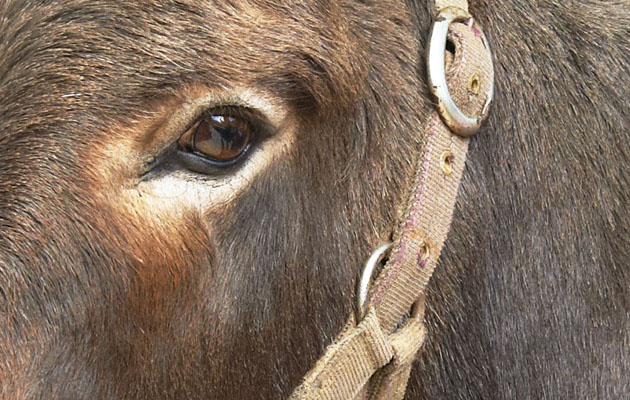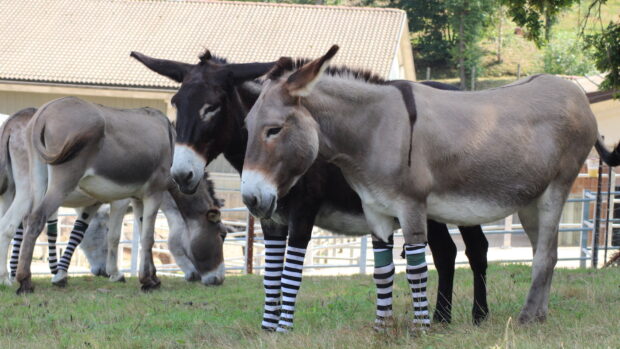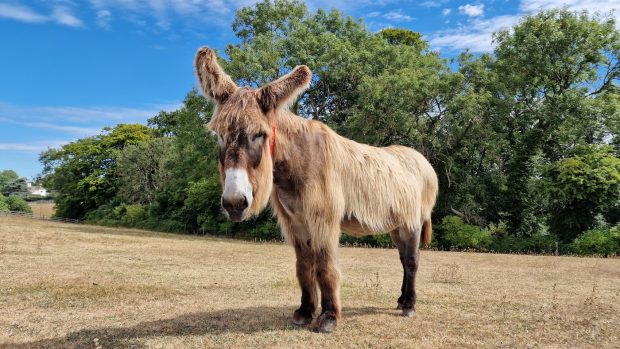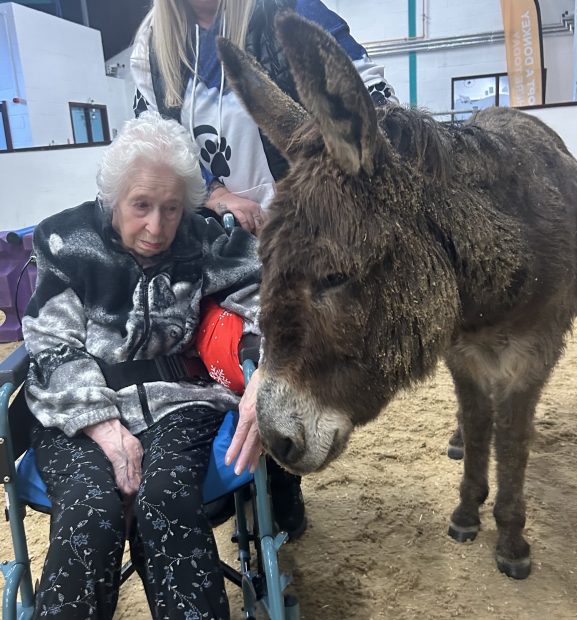The Donkey Sanctuary has expressed its disappointment at news China is reducing the import tax on donkey skins for use in traditional medicine.
Donkey hides have been used to supply the demand for traditional Chinese medicine, Ejiao.
The global skin trade has an impact on donkey welfare as well as the livelihoods of the communities that rely on the animals, as the animals are often stolen or sold for a very low price.
“We are disappointed that the Chinese government has chosen to reduce the import tax on donkey skins,” said Alex Mayers, head of programmes at the Donkey Sanctuary.
“The Donkey Sanctuary continues to call for a halt to the trade in donkey skins.”
Last year the charity revealed the shocking consequences of the skin trade.
The Donkey Sanctuary conducted an investigative report into the matter, titled Under The Skin, and has found that as many as 10 million donkeys are at risk.
It is lobbying for an immediate end to the trade until it can be “proven to be sustainable and humane”.
Continued below…

Brutal donkey skin trade threatens population
Warning: video and report contain upsetting and graphic content

Warning of ‘devastation’ if donkey skin ban is not enforced
The Donkey Sanctuary is urging the government in Ghana to enforce the ban on the slaughter and export of donkey

Slaughterhouse closures ‘huge step’ towards halting donkey skin trade
The Donkey Sanctuary said the news is “huge step towards stopping donkeys falling victim to the unsustainable trade”
“From Tanzania to Peru, South Africa to Pakistan, donkeys across the world are being stolen and skinned in the night, their carcasses found by distraught owners and their skins imported into China,” said Mr Mayers.
“For millions of people in some of the world’s poorest communities, donkeys are still the main means of livelihood and sustain families by providing them with an income and independence.
“This latest news from China is sadly a backwards step for donkeys and for communities that rely on them.”




